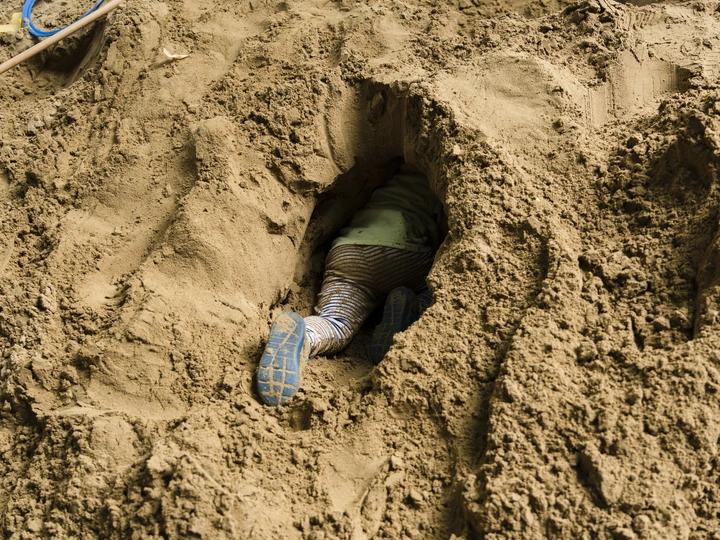gru:nd

Flóra Madácsi
Virág is a Budapest-based artist, cultural worker, and researcher with a BA in graphic design and an MA in media design from Moholy-Nagy University of Art and Design. Recently completing her doctoral studies at the Hungarian University of Fine Arts in Budapest, her research focuses on the cultural history of playgrounds, particularly the post-World War II era, contemporary reflections, experimental pedagogy, and feminist approaches. Known for her participatory, research-based approach, Virág values interdisciplinary collaboration and has been involved in various art groups throughout her career, often exploring themes related to public space in her works.
Flóra is a landscape architect and urban designer. She holds a BSc in Landscape Architecture from the Hungarian University of Agriculture and Life Sciences (Budapest). Flóra is currently completing her Master's in Urban Planning and Sustainability at Aalborg University. She gained experience in participatory public space design and strategy while working in municipal and civic sectors in Budapest. Her main interests are urban regeneration, place-led development, and just green transition from small-scale participatory interventions to urban planning. She is committed to low-tech, cooperative, community-led solutions and has a strong interest in grassroots and prefigurative practices.
Flóra and Virág have been working together for two years investigating children's relationship to contemporary urban environments and the possibilities of play. Their focus is on desegregation, promoting community initiatives, and ecological thinking. In the past years, among their ongoing research practice, they organized several workshops and gave lectures on the topic. Last fall, their collaboration resulted in "Playstreet?!". "Playstreet?!" was an exhibition and later a public intervention and community forum organized in two different districts of Budapest in the framework of the Sidewalk Public Art Biennial.
With the gru:nd project, our mission is to question contemporary play practices in urban spaces in Central and Eastern Europe, current trends in landscape architecture, and the design of playgrounds and to offer alternative possibilities. This undertaking is particularly important at a time when childhood is marked by the diminishing and disappearance of public spaces where children can engage in self-directed play. The decline of play spaces is due not only to the dominant order of car-centric urban planning, the marketization, and privatization of the spatial commons but also to the culture of overprotective parenting and the substitution of free play with structured extracurricular activities. The fact that childhood has become an indoor experience over the past 5 decades is further reinforced by the immense virtualization and digitization of real life via the overflow of screens. Childhood has become isolated, individualized, commercialized, and increasingly adult-like, which has already led to a decline in children's mental health: over the past decade, rates of anxiety, loneliness, isolation, depression, and suicide among young people have increased enormously. Recognizing the psychological benefits of free play and interaction with nature, we advocate for integrating natural elements into urban environments, viewing nature as an essential playscape for children's development. We emphasize the role of play as a tool for democratic education, drawing inspiration from the concept of adventure playgrounds, where children are encouraged to engage in self-directed and risky play that fosters autonomy, creativity, and a sense of community. Our mission is to challenge prevailing norms and advocate for environments that prioritize nature-based solutions, foster community engagement, and actively involve children in urban Central and Eastern Europe.